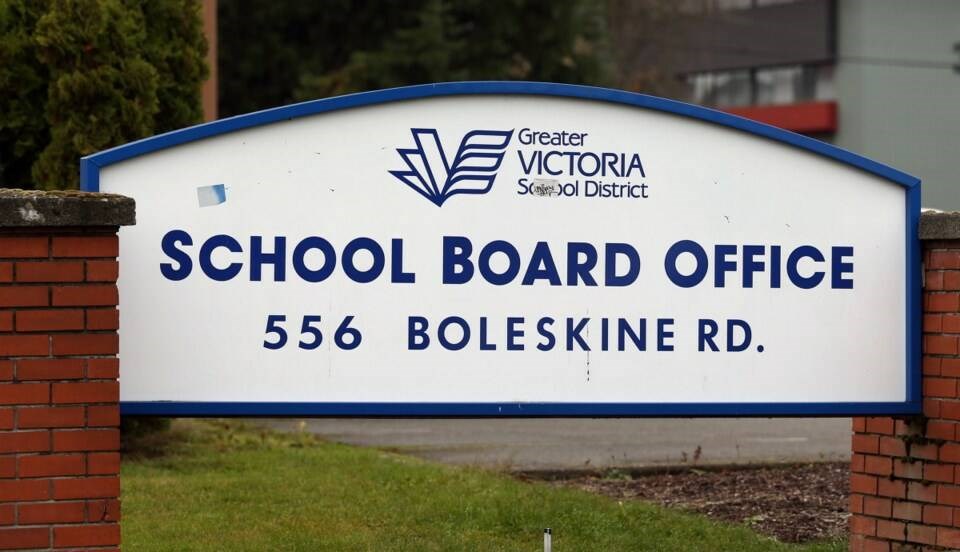A commentary by a former long-serving education minister in Alberta, and former executive director of a provincial association of public school boards.
In a democracy, public school education is the most important social institution. Public school education is, by far, the single most important institution by which we sustain and regenerate our community.
It follows that teachers are doing the most important social work in the community.
The support work of principals and other administrators, executive assistants, curriculum development specialists, librarians, secretaries (who keep the whole operation going), and custodians (who ensure a physical space that reflects respect for learning) can make or break the efforts of teachers.
All of this deserves our close attention as we approach election day, as we vote, and for the next four years.
I am trying to decide to which of the many Greater Victoria School District candidates for election as public school trustee I will give my vote. This is not an easy task, because of the nature of the campaigns.
What are my considerations? I have three major concerns.
My first major concern is that I want to know what a candidate intends to work at achieving in the next four years, and beyond, for three vital communities.
How does a candidate want the circumstances to be different, and better, in four years, for (a) students; (b) teachers and all other staff; and (c) the community of Greater Victoria?
The newly elected board cannot do well for students unless it does well for teachers and its other employees, and it cannot do well for the community unless it does well for students.
What is the character of each candidate? What are their values?
It is interesting to know that a candidate has a special interest, or wants to be first into the future, or last out of the past. But, I want to know how the particulars will benefit students, staff, and community.
My second major concern is that the role of trusteeship focuses on:
• Comprehensive goal-setting, direction-setting and boundary-setting.
• “Higher-order” resource allocation.
• Supervision and evaluation progress toward major objectives.
By design and as history confirms, trustees are legislators. They are not an “executive” body, and it is not their role to be involved in management and operations.
It is interesting to know that a candidate has hands-on experience, organizing and doing. But, I want to know that candidates are deeply aware of the context for public education in the district and are aware of the constraints on their role, and have imagination, and value risk assessment and risk management.
I want to know if they have confidence in their workers. I want to know what kind of community they believe students will be living in, and how those students will contribute to that community, as adults, 10 to 50 years from now.
My third major concern is that trusteeship does not convey individual “power” – and certainly not the power of making an individual decision — and I want to be sure that candidates understand this.
Once elected, a public school trustee has no individual power. Individually, a trustee only has influence. For example, any single trustee cannot tell the superintendent, or a classroom teacher, what to do or refrain from doing.
A single trustee has no more “right” to enter a school than does any member of the public.
Trustees are a corporate decision-making body, and their corporate power can extend to granting individual trustees delegated roles and responsibilities (and conditional rights) but, without such a delegation, an individual trustee only has influence. (And, believe me, influence can move mountains.)
Since influence and corporate decision-making are intertwined, I want to know how candidates exercise influence. I want to know if they are negotiators or disruptors.
I want to know if they hope to stop things from happening or bring things into being. I also want to know how they respond to being in the minority when a decision is made.
This is an important election.
>>> For more election news and candidate information, go to timescolonist.com/civic-election
>>> To comment on this article, write a letter to the editor: [email protected]





